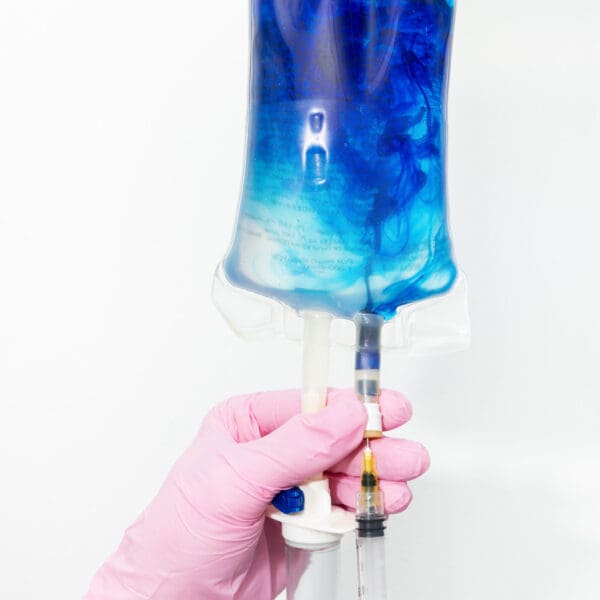Recent research has revealed fascinating connections between intermittent fasting and male reproductive health, particularly for men over 40. While aging typically brings declines in fertility, hormonal function, and sexual desire, this groundbreaking study demonstrates how dietary interventions might offer new hope.
What the Research Shows
Scientists investigating the impact of intermittent fasting on aging-related declines in male reproductive health made a surprising discovery. While studying male mice, researchers found that intermittent fasting significantly preserved reproductive success in older subjects–but not in the way you might expect.
Contrary to conventional thinking, the benefits weren’t due to improvements in sperm quality or hormone levels. Instead, the positive effects stemmed from enhanced mating behavior. This behavioral improvement occurred because intermittent fasting reduced serotonergic inhibition by lowering tryptophan availability–a critical serotonin precursor–in the brain.
The Mechanism Behind Intermittent Fasting’s Effects
The study revealed that intermittent fasting works primarily through neurochemical pathways rather than direct reproductive system improvements. By altering tryptophan availability, intermittent fasting impacts serotonin production, which in turn affects sexual motivation and behavior. This represents a novel understanding of how dietary patterns can influence reproductive success.
Implications for Men’s Reproductive Health
These findings highlight the complex relationship between diet, metabolism, and sexual behavior. For men experiencing age-related decline in reproductive function or hypoactive sexual desire disorder (HSDD), intermittent fasting might offer a novel therapeutic approach worth considering.
Could Methylene Blue Produce Similar Effects?
A natural question arising from this research is whether intravenous methylene blue might produce comparable results. The answer appears to be no. While methylene blue does influence serotonin pathways by acting as a monoamine oxidase inhibitor (MAOI), its mechanism fundamentally differs from intermittent fasting.
Methylene blue primarily alters serotonin metabolism rather than reducing tryptophan availability in the brain. Depending on dosage and context, methylene blue might increase serotonin levels–the opposite effect of intermittent fasting, which works by lowering serotonin through limited tryptophan supply.
Despite both approaches affecting serotonergic systems, their mechanisms and outcomes differ significantly. This makes it unlikely that intravenous methylene blue would replicate the positive behavioral effects observed with intermittent fasting.
Looking Forwards: Diet as a Therapeutic Tool
This research opens exciting possibilities for addressing age-related reproductive challenges through dietary interventions. For men over 40 concerned with fertility and sexual health, intermittent fasting represents a potential strategy worth discussing with healthcare providers.
The study highlights how our understanding of reproductive health continues to evolve, revealing unexpected connections between eating patterns, brain chemistry, and sexual behavior. As research progresses, dietary approaches like intermittent fasting may become increasingly important tools in promoting male reproductive health throughout the aging process.
-Dr. P
















